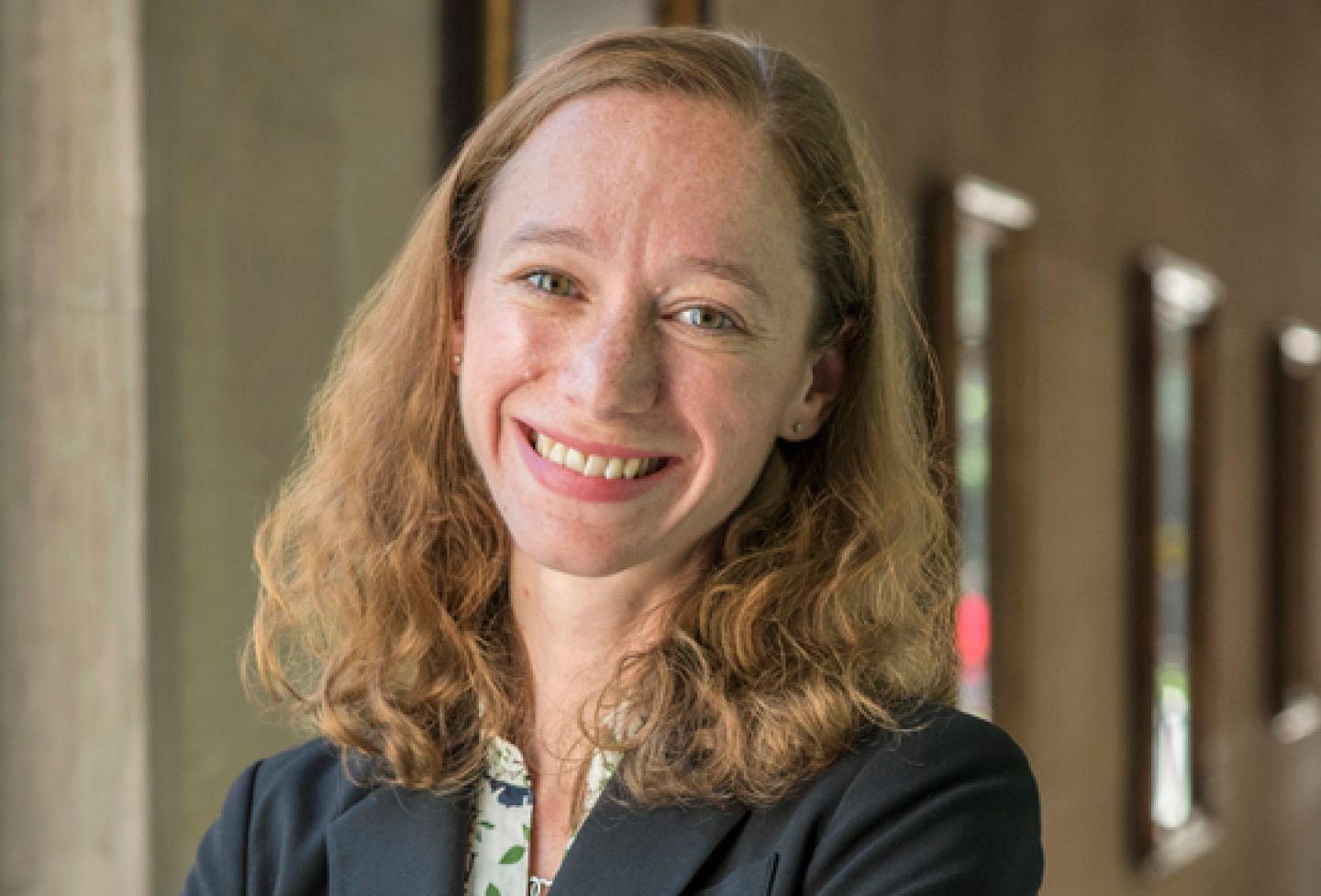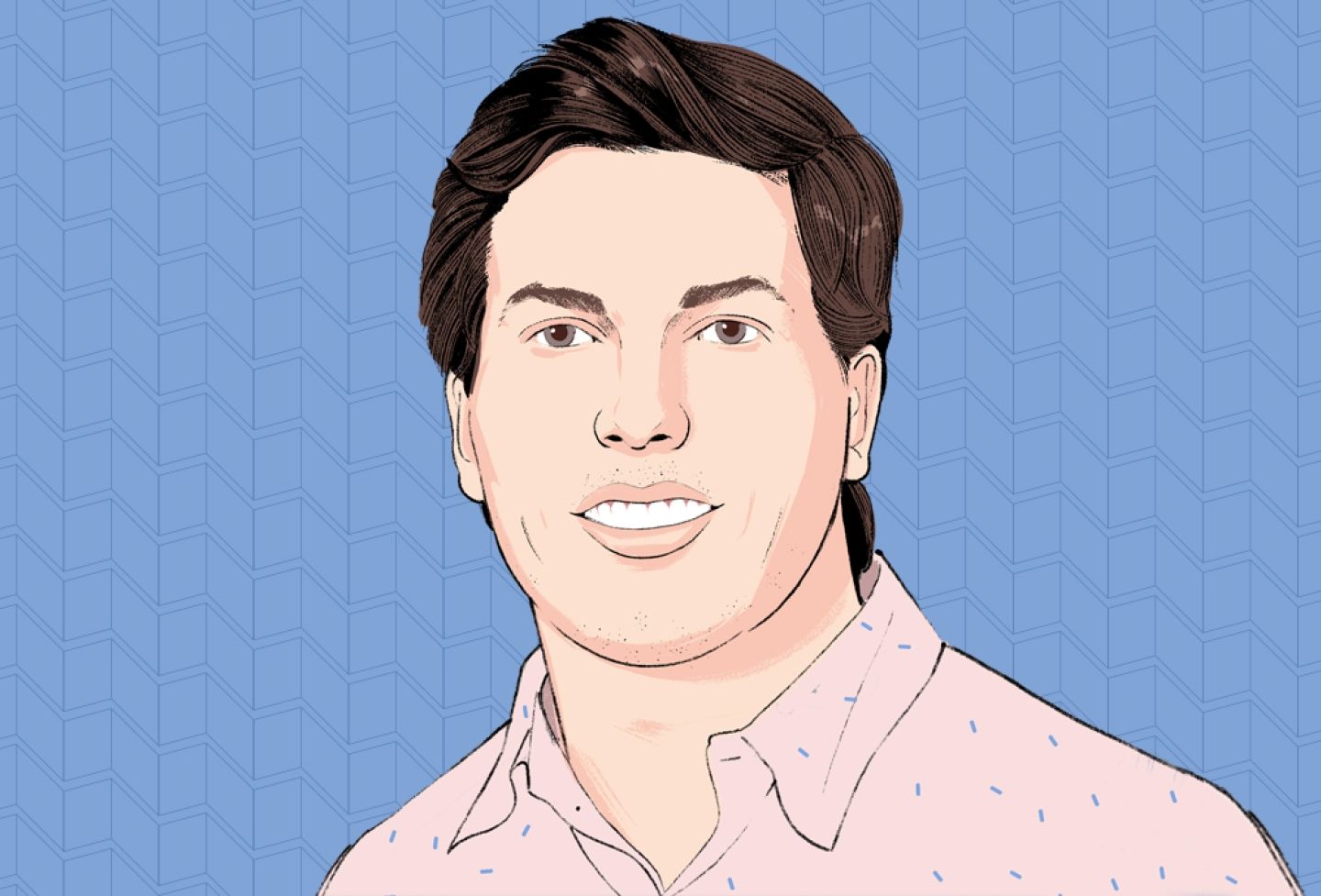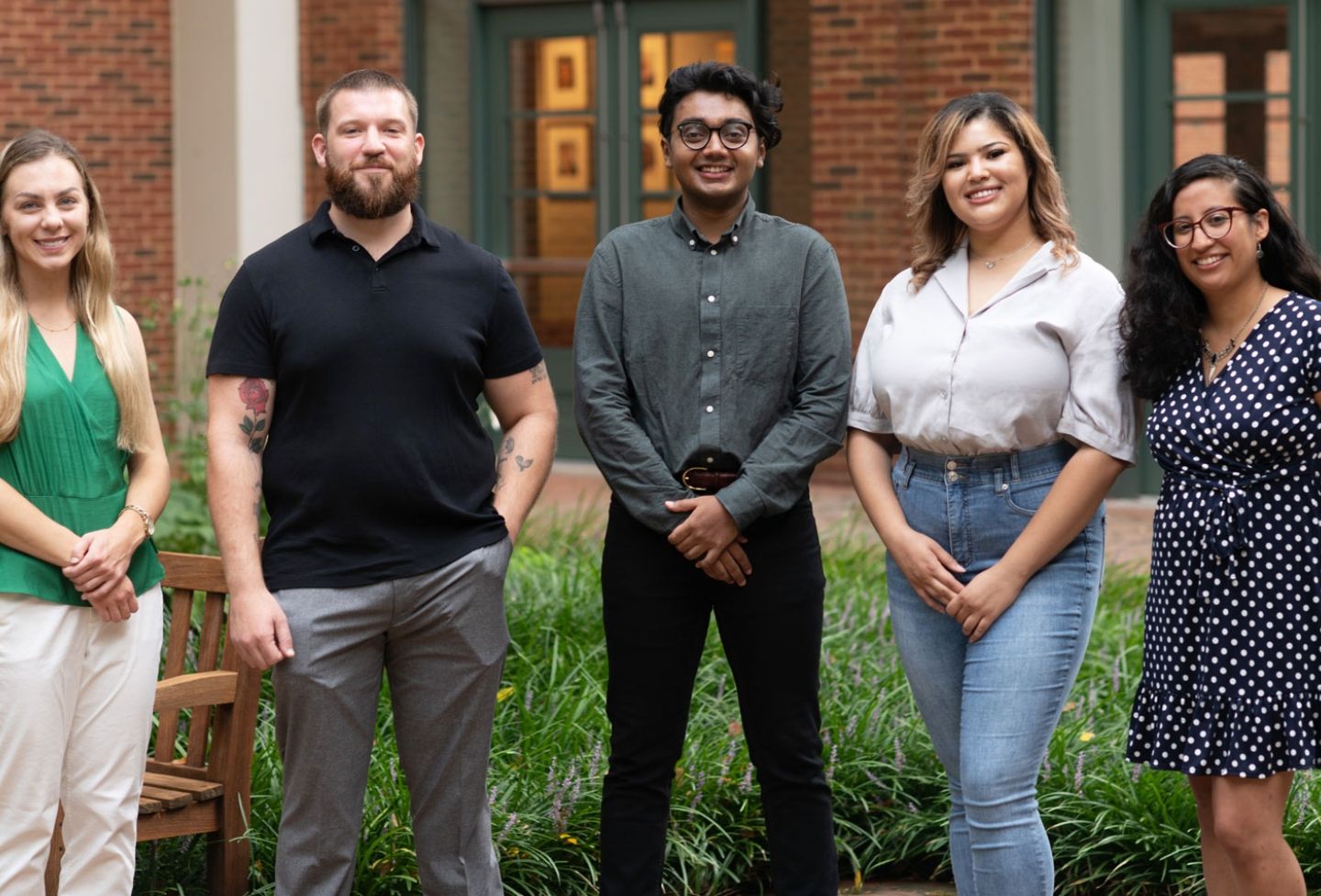David Chung ’98 still remembers that Charlottesville blowout, which he organized at his apartment just a few weeks before graduation — the party which, in a sense, planted the seeds for his future career. Chung is behind two of Washington, D.C.’s hottest nightclubs, St. Yves and Abigail. But back in the spring of 1998, he decided to throw a bash and invite dozens of other University of Virginia grad students — pretty much at random — to join him.
In law school at UVA, Chung, whose parents emigrated to the United States from South Korea when he was 2, had been active in the Asian Pacific American Law Students Association. Equally relevant to this story, he had also been in a fraternity at Virginia Commonwealth University and thought it would be fun to have a party for all the Asian grad students in Charlottesville before everyone left town. So he went through a student directory, picking out anyone with a stereotypically Asian last name, and sent them an email. About 150 people showed up. “It was a great way for all of us to meet each other and learn where everyone was coming from and what their plans were after graduating,” he recalled.
A few months later, Chung joined the BakerHostetler firm in D.C. Like many young associates, he went out a lot after work, often with his friend and fellow UVA Law alum KiJun Sung ’94. Standing in a D.C. club one night, Chung and Sung thought, “We should open one of these things ourselves. It shouldn’t be that hard.”
With the insouciance of youth, the two spent the next few weekends riding their bikes around Washington hot spots looking for “For Lease” signs. They found a spot just off McPherson Square, less than two blocks from the White House; negotiated the lease themselves; turned to Sung’s sister, an architect, to help them design the space; and maxed out their credit cards.
“When you’re young, the less you know the braver you are,” Chung laughed now.
Their first club, Daedalus, was a success. Located in a basement with no sign outside, it grew by word of mouth. Although Chung and Sung initially opened only on weekends (they both, after all, were lawyers by day), they soon found that there was enough demand to open throughout the week. They also discovered they could not run a successful nightclub as a hobby and got their firms’ blessing to pursue their ventures full time. They have remained business partners ever since.
Their next venture, the K Street Lounge, drew national attention by offering amenities, such as bottle service, that were common in nightclubs around the world but as yet unknown in Washington’s staid environs. Located in an office building at 13th and K streets NW — where Chung, ironically, had once been a summer associate upstairs — the K Street Lounge drew crowds to an area that had once been plagued by crime after dark and helped revitalize the entire neighborhood, Chung has said.

<p>High-end décor and service are a staple in Chung’s nightclubs.</p>
In the decades since, they have opened clubs in other parts of D.C., including Dupont Circle, Glover Park and Georgetown. Common to all has been an emphasis on gorgeous décor and high-end service.
“I want to be in the business of luxury, not commodities,” said Chung, a former member of the Law School Foundation’s Alumni Council. One of his two current clubs, St. Yves (which opened in 2017), offers caviar service and features a quartz-topped bar and a grand chandelier. The website Eater.com called St. Yves “a downtown stunner” and gushed over the “trippy, immersive light wall” at his other club, Abigail, which opened in 2018. The venues have also become beacons for celebrities, including sports stars, movie stars and politicians.
From the low expectations and very loose structure he reveled in as a young entrepreneur, Chung has become more formal. In fact, as he told Business Standard earlier this year, he now runs his clubs like a law firm. He holds weekly executive meetings with his top managers to review old and new business and discuss what might be on the horizon. He emails, rather than texts. And Chung’s clubs have extensive employee handbooks that detail expectations for every aspect of the business.
“We like accountability, and we like transparency,” he explained.
<p>Two of his employees, a bartender and a DJ, have gone on to law school at UVA.</p>
<p>In some ways, the nightclub business has changed over the years. Offering valet service is less important, for example, as more people use ride-share services, and the ubiquity of cell phones means that, unless the club is hopping all the time, patrons can easily coordinate with their friends and move on to another, more happening venue. </p>
<p>The COVID-19 pandemic was a big disruption for Chung, as it was for everyone in the service industry, but business is coming back. “We’re social creatures,” he reasoned, “and people want to be around other people. They’re tired of being isolated.”</p>
<p>Still, some things about nightclubs — such as the clientele — are eternal. “When you’re young, you want to have fun,” Chung said. “You want to escape from the 9-to-5. You want to meet people. You want to dance. And you want to get crazy.”</p>
<p>A man who once hosted a kegger for strangers in Charlottesville ought to know.</p>



